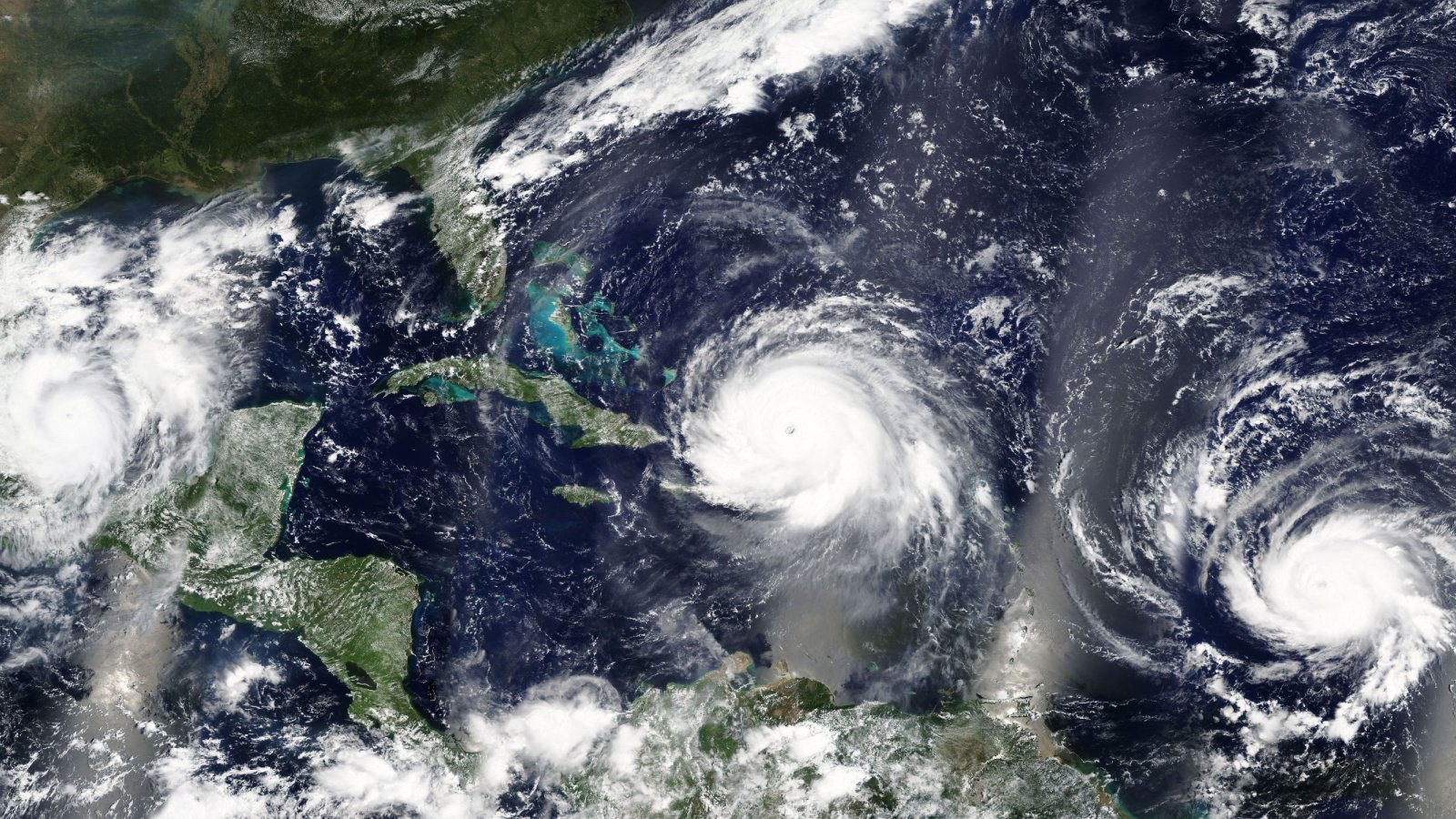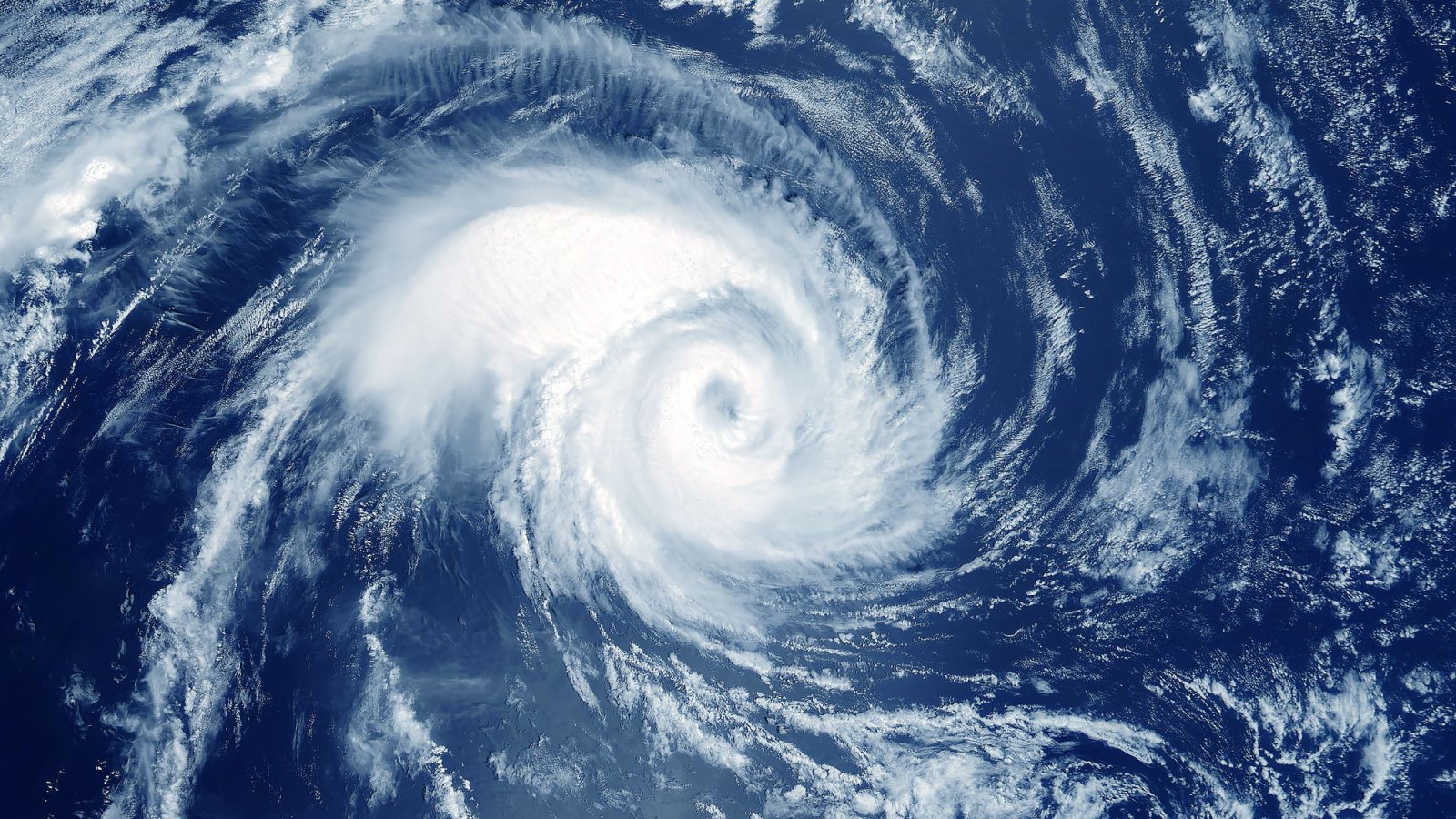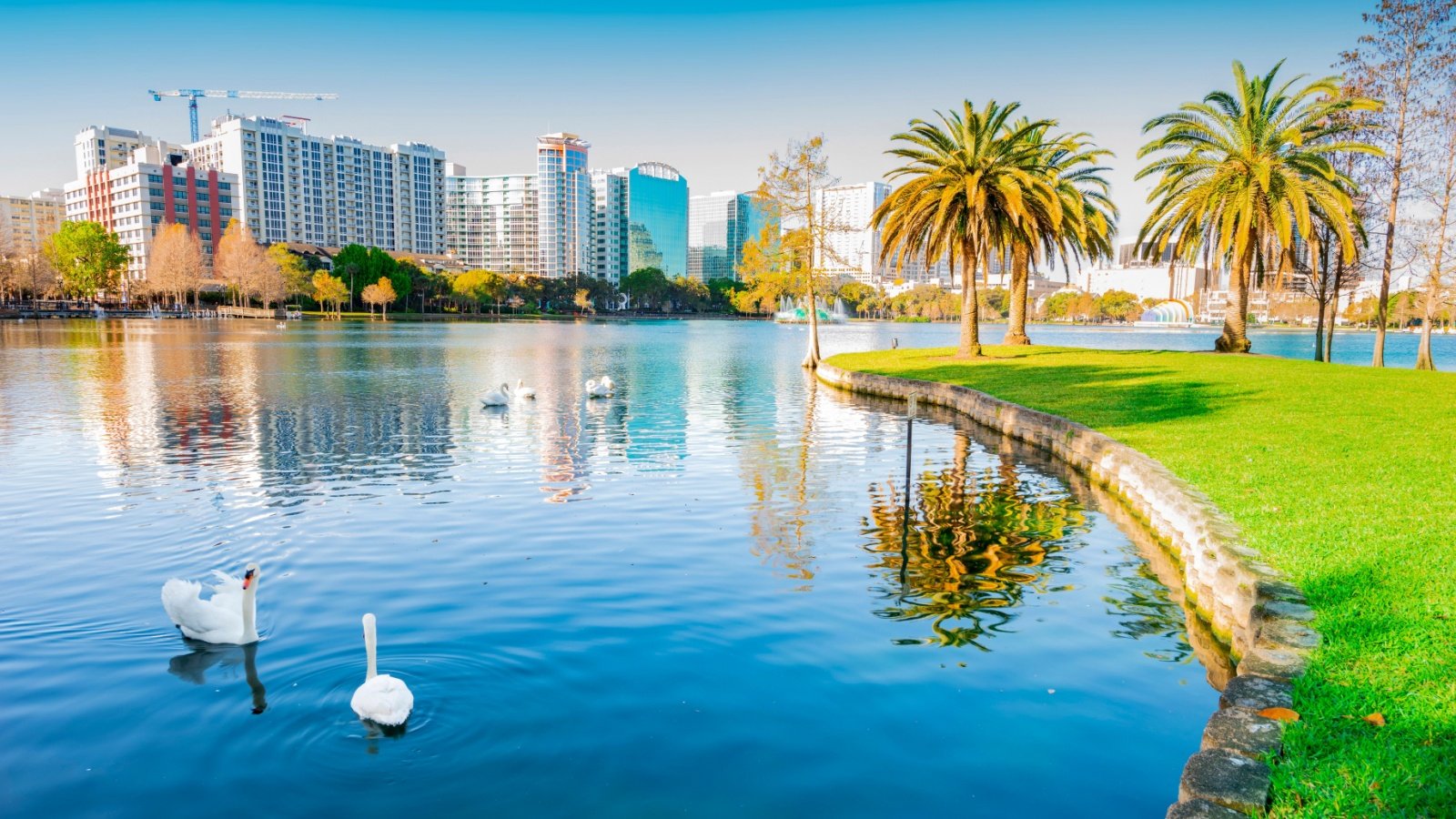Rising sea levels are threatening coastal communities, causing unprecedented challenges for states like Louisiana. As wetlands drown and infrastructure fails, the South faces a future fraught with environmental and economic peril. Officials and residents must act swiftly to mitigate these looming disasters.
Rising Sea Levels Threaten Coastal Communities

Scientists are sounding the alarm about the ongoing threat posed by rising sea levels due to climate change. Coastal areas in eight U.S. states are facing one of the most rapid sea level increases in the world.
Rapid Surge in Sea Levels

A recent report highlights that since 2010, the Gulf of Mexico has seen sea levels rise at twice the global average rate. Tide gauges from Texas to North Carolina show sea levels at least six inches higher than 14 years ago.
Misunderstood Sources of Sea Level Rise

Contrary to popular belief, hurricanes are not the main cause of rising water levels. Smaller-scale weather events are leading to gradual and persistent increases in sea levels.
Preparing for the Wrong Disaster

Experts warn that the focus on major hurricanes might be misplaced. Smaller, incremental changes in sea levels pose a greater long-term threat.
Record-Breaking Water Levels in Southern Cities

Charleston, South Carolina, has recorded its fourth-highest water level since 1899, with a seven-inch rise since 2010. Jacksonville, Florida, and Galveston, Texas, have seen similar increases, with Galveston experiencing an eight-inch rise.
Unprecedented and Irreversible Changes
The rapid rise in sea levels over the past decade is unusual and likely permanent. Even if the rate slows, the elevated water levels are expected to persist.
Human Impact on Climate Change

Rising global temperatures and human-induced climate change are major contributors to this issue. Warmer currents cause water to expand, exacerbating the problem.
Louisiana’s Wetlands in Crisis

Rising sea levels have severely impacted Louisiana, turning wetlands into “drowning” areas. This deterioration leaves the state more exposed to catastrophic storms.
Southern States Face Infrastructure Challenges

Failing septic systems in the American South lead to contaminated water sources. Flooded roads during storms cut off access to medical care and essential services.
Insurance Issues in Coastal Areas

Coastal states have seen insurance companies raise rates, cancel plans, or leave the market entirely. This trend exacerbates the financial vulnerability of residents in these regions.
Combating Rising Sea Levels

Officials are exploring solutions, such as installing pump stations in Galveston with federal grant funding. These measures aim to mitigate the effects of rising sea levels.
Individual Actions to Reduce Impact

Reducing carbon pollution can help combat rising sea levels. Steps include switching to electric vehicles, supporting local food sources, planting native species, and volunteering for local cleanup projects.








